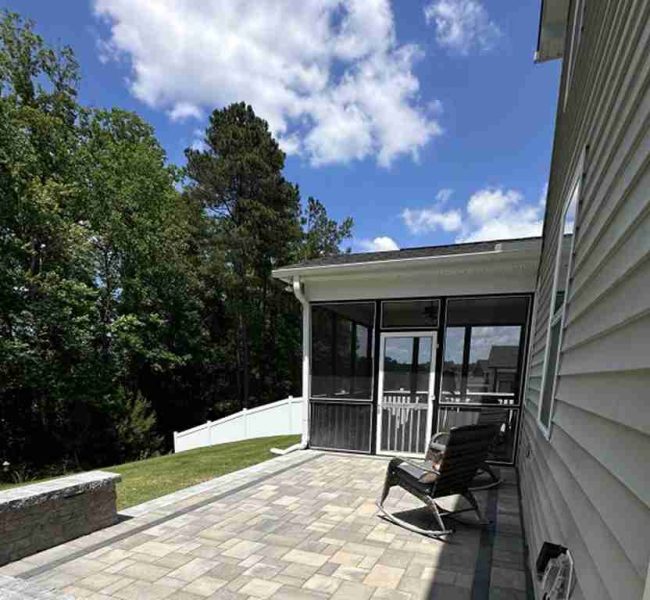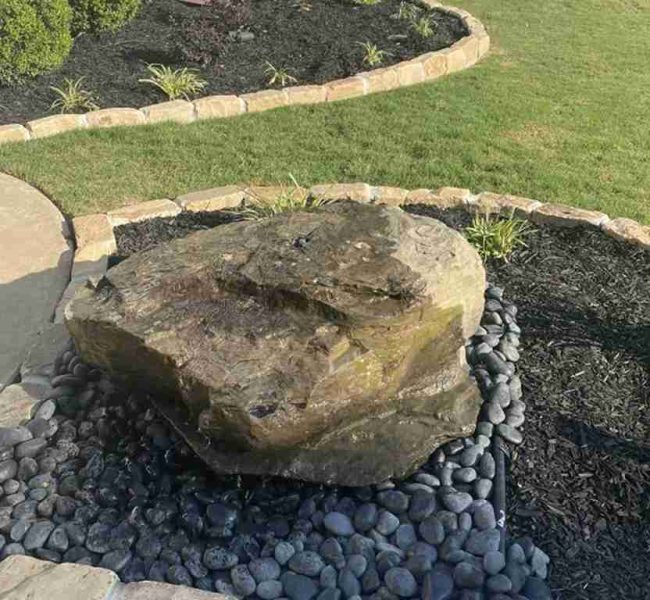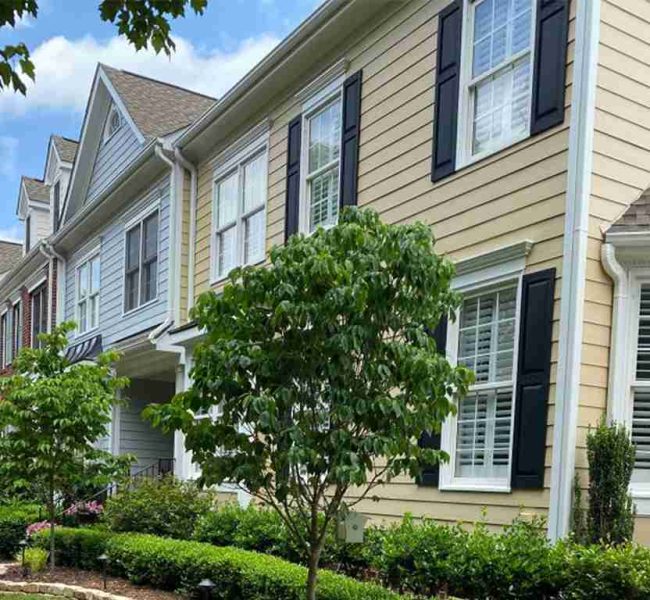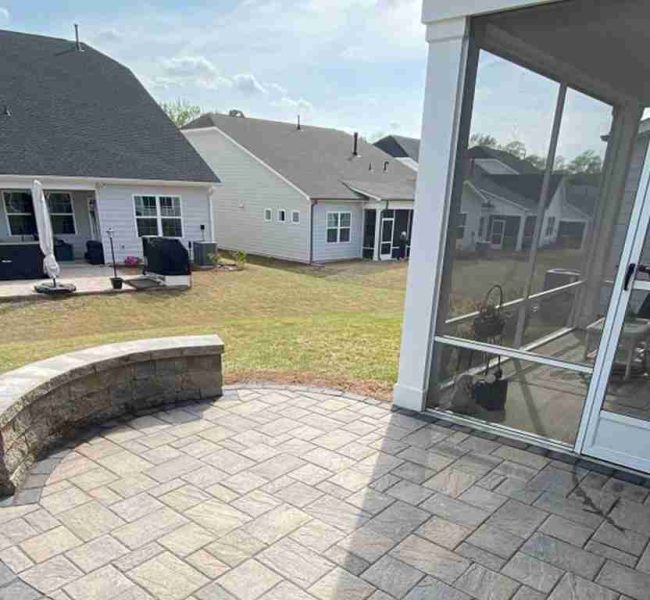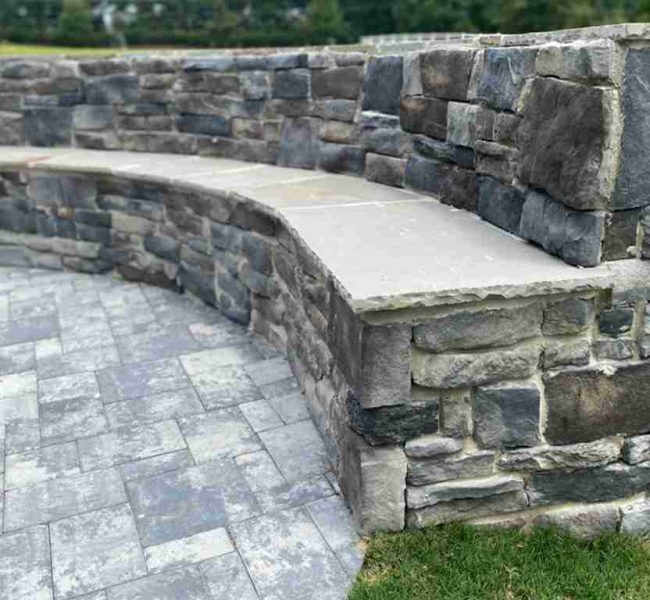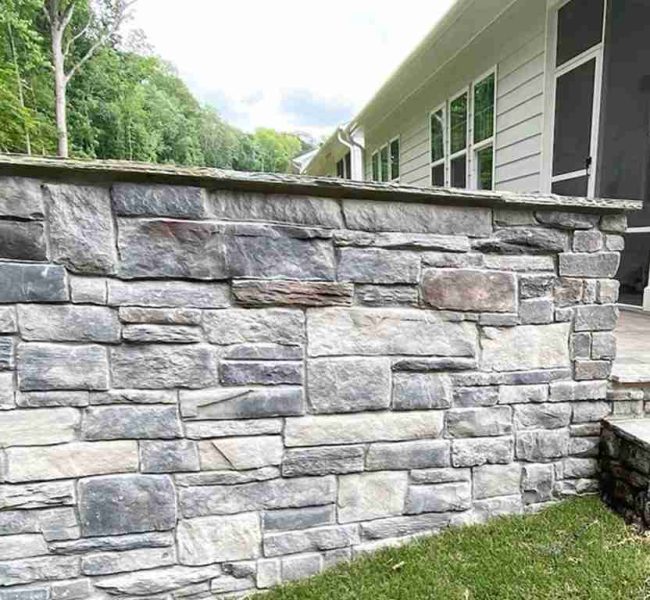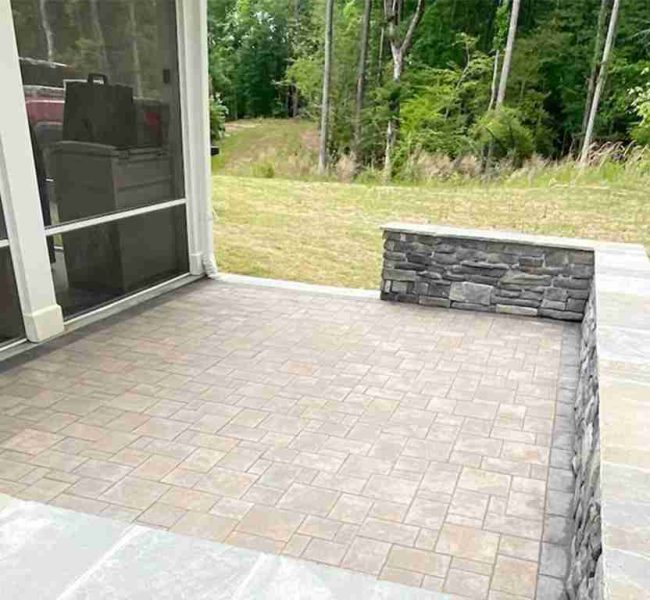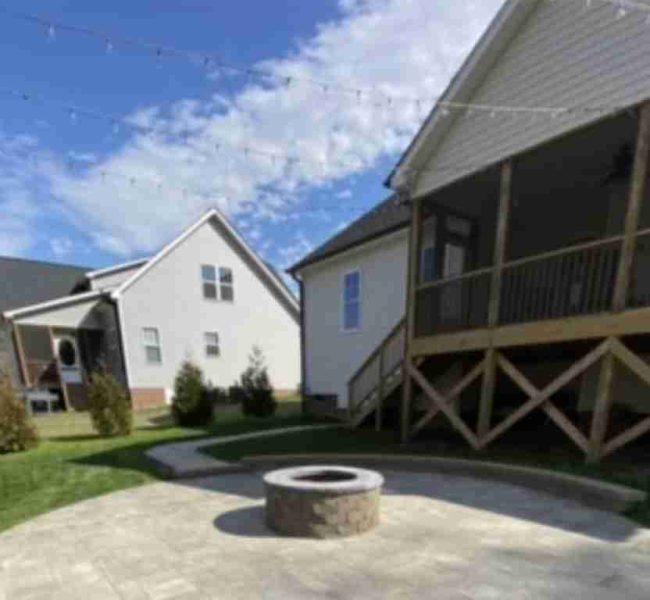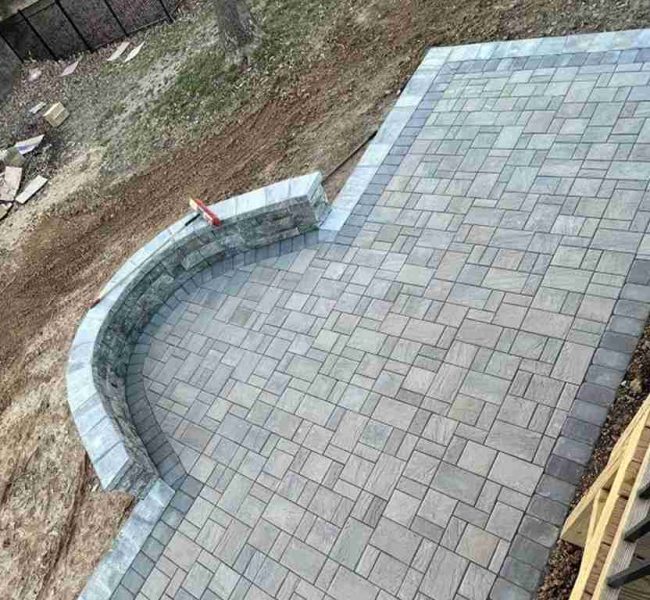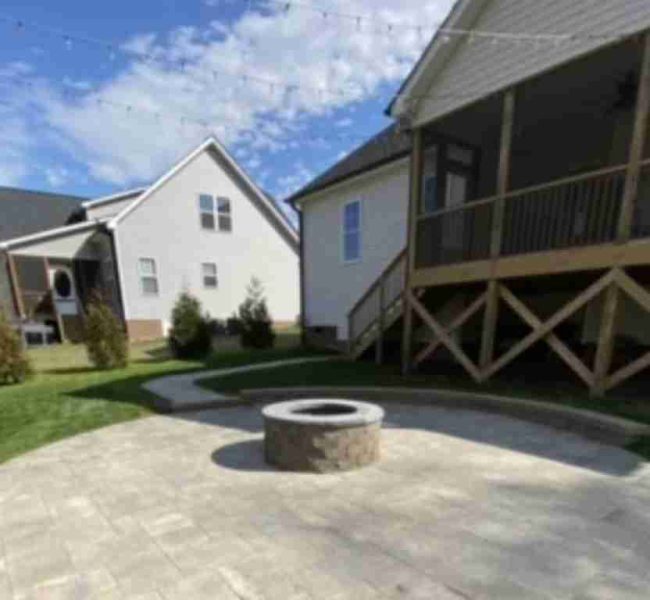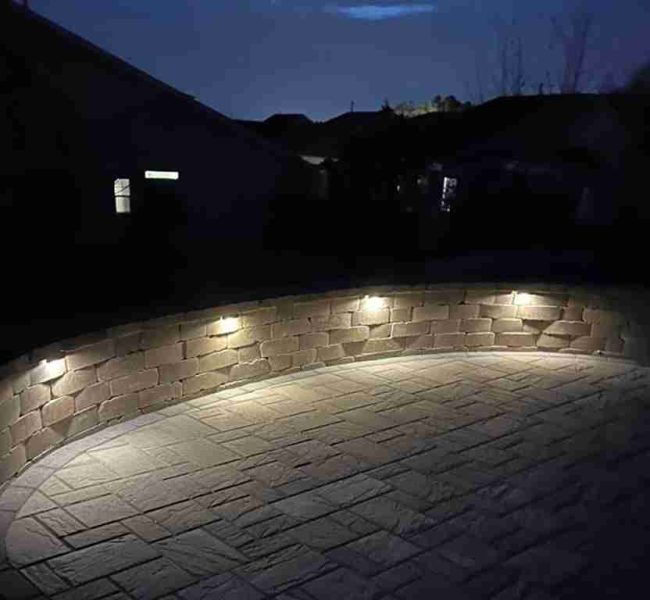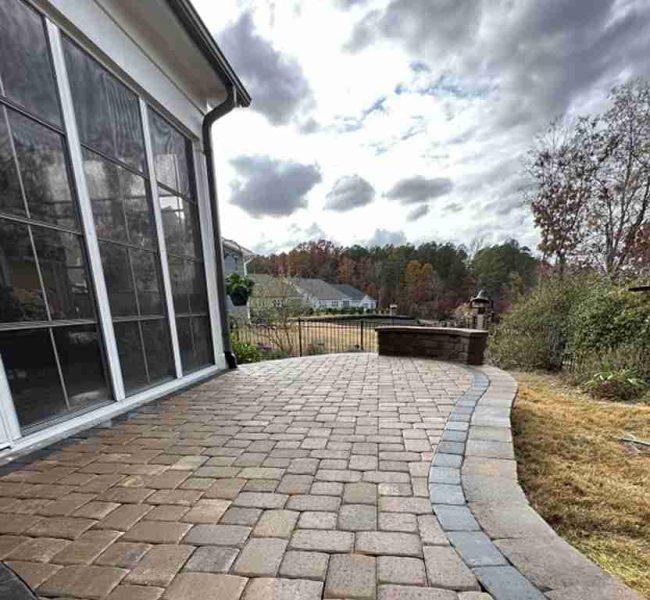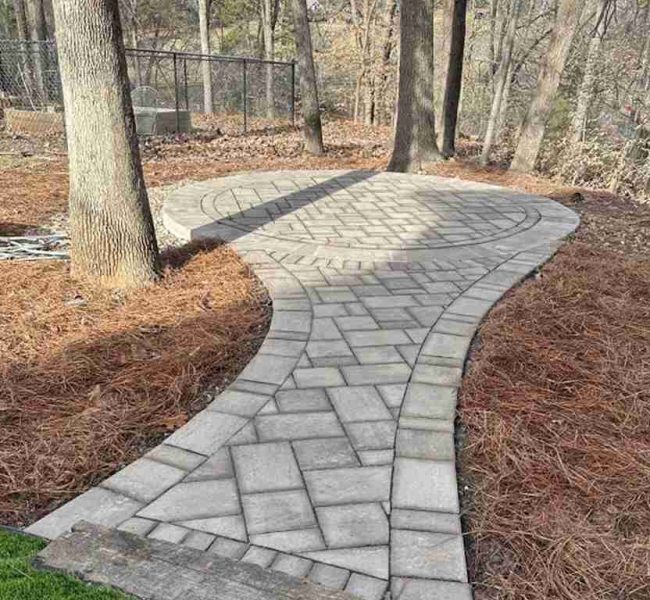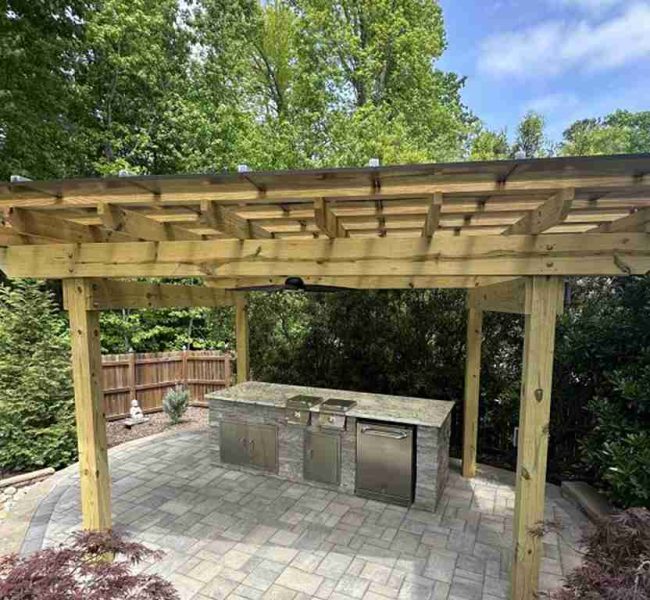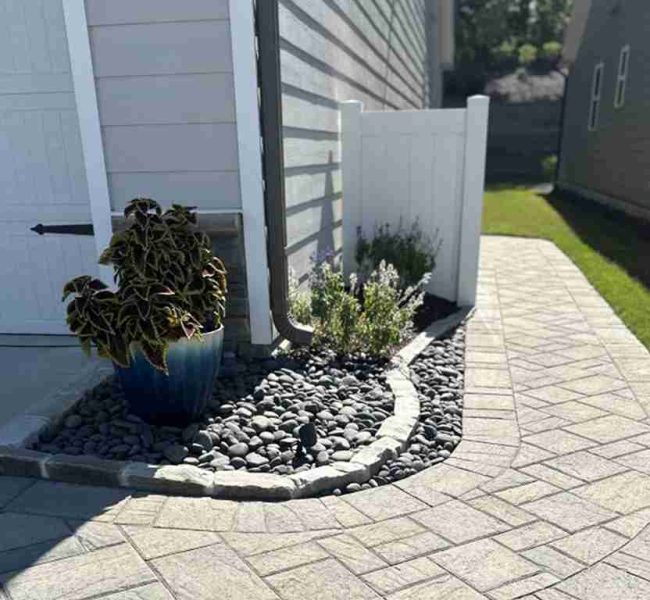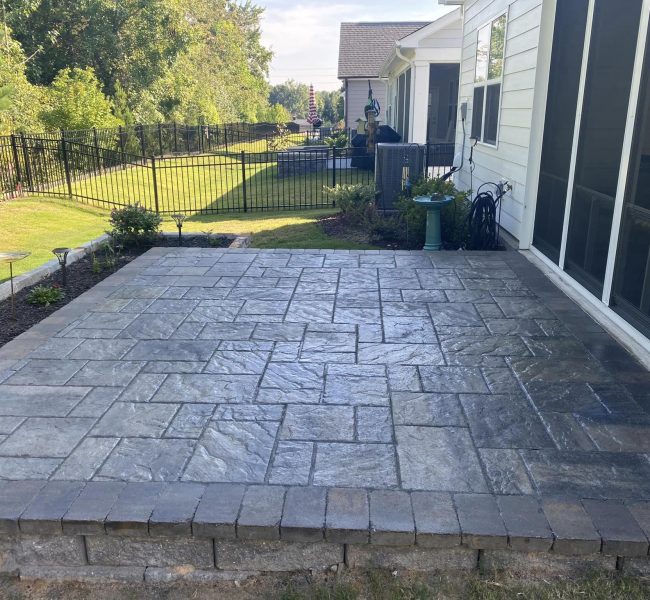Mordecai Historic Park: A Journey Through Time in Raleigh, North Carolina
Nestled amidst the thriving city of Raleigh, North Carolina, Mordecai Historic Park at 1 Mimosa St, Raleigh, NC 27604, stands as a captivating testament to the city’s rich history and cultural heritage. In this in-depth exploration, we will traverse the historic grounds of Mordecai, uncovering its address, nearby landmarks within a 3-mile radius, accessibility features, operational hours, and the immersive experience it offers to visitors seeking to step back in time.
Address and Accessibility:
Mordecai Historic Park is situated at 1 Mimosa St, Raleigh, NC 27604, offering a distinct contrast to the modernity of its urban surroundings. Located northeast of downtown Raleigh, the park is easily accessible by road, making it a point of interest for history enthusiasts, locals, and tourists alike.
Major cross streets around Mordecai Historic Park include Mimosa St, Wake Forest Rd, and Cedar St. The park is conveniently located near major roads, ensuring straightforward navigation and easy access for visitors arriving from different parts of the city.
For those traveling by car, Mordecai Historic Park benefits from proximity to key highways such as I-440 and US-401, facilitating seamless access for those commuting from surrounding areas.
Clear signage and well-maintained pathways within the park contribute to its accessibility, providing visitors with a comfortable and engaging environment for exploration.
Surrounding Attractions within 3 Miles:
While Mordecai Historic Park is a captivating destination in its own right, the area within a 3-mile radius is home to additional attractions that enhance the overall experience for visitors.
William B. Umstead State Park: Approximately 3 miles northwest of Mordecai Historic Park, William B. Umstead State Park offers a natural escape with trails, lakes, and serene landscapes. It provides an opportunity for outdoor recreation and a peaceful retreat from the urban hustle. Discover More
Downtown Raleigh: Just over a mile southwest of Mordecai Historic Park, downtown Raleigh beckons with its cultural venues, dining options, and vibrant city life. Visitors can explore the urban center’s museums, shops, and entertainment, creating a well-rounded excursion.
North Carolina Museum of Natural Sciences: Situated around 2 miles west of Mordecai, the North Carolina Museum of Natural Sciences invites visitors to delve into the wonders of the natural world. Interactive exhibits and educational programs cater to curious minds of all ages.
Historic Oakwood: Located about 1.5 miles south of Mordecai, the Historic Oakwood neighborhood features well-preserved Victorian-era homes. A stroll through its tree-lined streets offers a glimpse into Raleigh’s architectural past.
Historical Significance:
Mordecai Historic Park holds a significant place in Raleigh’s history, preserving and showcasing the stories of the past. At its heart is the Mordecai House, a Federal-style plantation home built in 1785, making it one of the oldest residences in Raleigh.
Mordecai House: The centerpiece of the park, Mordecai House, tells the tale of generations who called it home. Visitors can explore the furnished rooms, period-appropriate decor, and learn about the lives of the Mordecai family and the enslaved individuals who lived and worked on the estate.
Andrew Johnson Birthplace: Within the park grounds, visitors will find the birthplace of Andrew Johnson, the 17th President of the United States. Preserved as a historic site, the birthplace provides insights into the early life of this influential figure.
Operational Hours:
As of the last available information, Mordecai Historic Park operates with specific hours of operation, allowing visitors to plan their visits accordingly. However, operational hours may be subject to change based on seasons, holidays, or special events.
Prospective visitors are encouraged to check the official Mordecai Historic Park website or contact the park directly for the most up-to-date information on operational hours, guided tours, and any special events or programs that may be taking place.
Guided Tours and Educational Programs:
Mordecai Historic Park offers guided tours and educational programs that enrich the visitor experience, providing deeper insights into the history and heritage preserved within its grounds.
Guided Tours: Knowledgeable guides lead visitors through the Mordecai House, sharing stories of the people who lived there and the historical events that shaped the region. These guided tours offer a personalized and immersive journey into the past.
School Programs: Mordecai Historic Park actively engages with local schools to provide educational programs and field trips. These programs align with curriculum standards and offer students a hands-on understanding of North Carolina’s history.
Special Events: Throughout the year, the park may host special events, workshops, and demonstrations. From historical reenactments to themed celebrations, these events add an extra layer of engagement for visitors of all ages.
Park Grounds and Gardens:
Beyond the historic buildings, Mordecai Historic Park features well-maintained grounds and gardens that invite visitors to explore and appreciate the natural beauty of the estate.
Landscaped Gardens: The park’s gardens showcase a blend of historic and contemporary landscaping. Visitors can stroll through manicured lawns, admire seasonal blooms, and enjoy the serene ambiance that complements the historical architecture.
Outdoor Spaces: Mordecai Historic Park offers outdoor spaces where visitors can pause, reflect, and appreciate the surroundings. Benches, shaded areas, and open lawns provide opportunities for relaxation and picnics.
Admission Fees and Visitor Information:
As part of the visitor experience, Mordecai Historic Park may have nominal admission fees or suggested donations to support its preservation efforts. The park is committed to making history accessible to all, and pricing details can be obtained through the official website or by contacting the park directly.
Visitor information, including parking details, group tours, and any special considerations, can be found on the Mordecai Historic Park website. Prospective visitors are encouraged to plan their trips with the aid of this information to ensure a seamless and enjoyable experience.
Accessibility and Inclusivity:
Mordecai Historic Park strives to be inclusive and accessible to all visitors, recognizing the importance of ensuring that everyone can engage with the historical narratives it presents.
Accessible Features: The park incorporates accessible features, including ramps and pathways, to ensure that individuals with varying mobility levels can navigate the historic sites and gardens comfortably.
Inclusive Interpretation: Interpretive materials and exhibits within the park are designed to be inclusive, catering to diverse audiences. Efforts are made to present history in a way that resonates with visitors of different ages, backgrounds, and abilities. Up next is
Community Engagement and Preservation:
Mordecai Historic Park actively engages with the community through educational initiatives, preservation efforts, and partnerships that extend its impact beyond its physical boundaries.
Preservation Programs: The park is involved in ongoing preservation programs to maintain the historical integrity of its structures and grounds. This commitment ensures that future generations can continue to experience and learn from Raleigh’s past.
Community Outreach: Mordecai Historic Park engages in community outreach, collaborating with local organizations, schools, and residents. This outreach extends the park’s reach and fosters a sense of shared ownership of Raleigh’s history.
Conclusion:
Mordecai Historic Park, located at 1 Mimosa St, Raleigh, NC 27604, is a living testament to Raleigh’s rich history and cultural heritage. From the grandeur of the Mordecai House to the serene gardens and birthplace of President Andrew Johnson, the park offers a unique journey through time.
As a beacon of preservation and education, Mordecai Historic Park invites visitors to step back into the past, immersing themselves in the stories of those who shaped North Carolina’s capital. Whether exploring the historic interiors, wandering through landscaped gardens, or participating in guided tours, visitors are transported to an era where the Mordecai family and the birth of a U.S. president are woven into the fabric of Raleigh’s narrative.
For those seeking an enriching and immersive historical experience, Mordecai Historic Park stands as a cherished gem—a place where the echoes of the past reverberate through time, offering a connection to the roots of Raleigh’s vibrant and evolving community.













